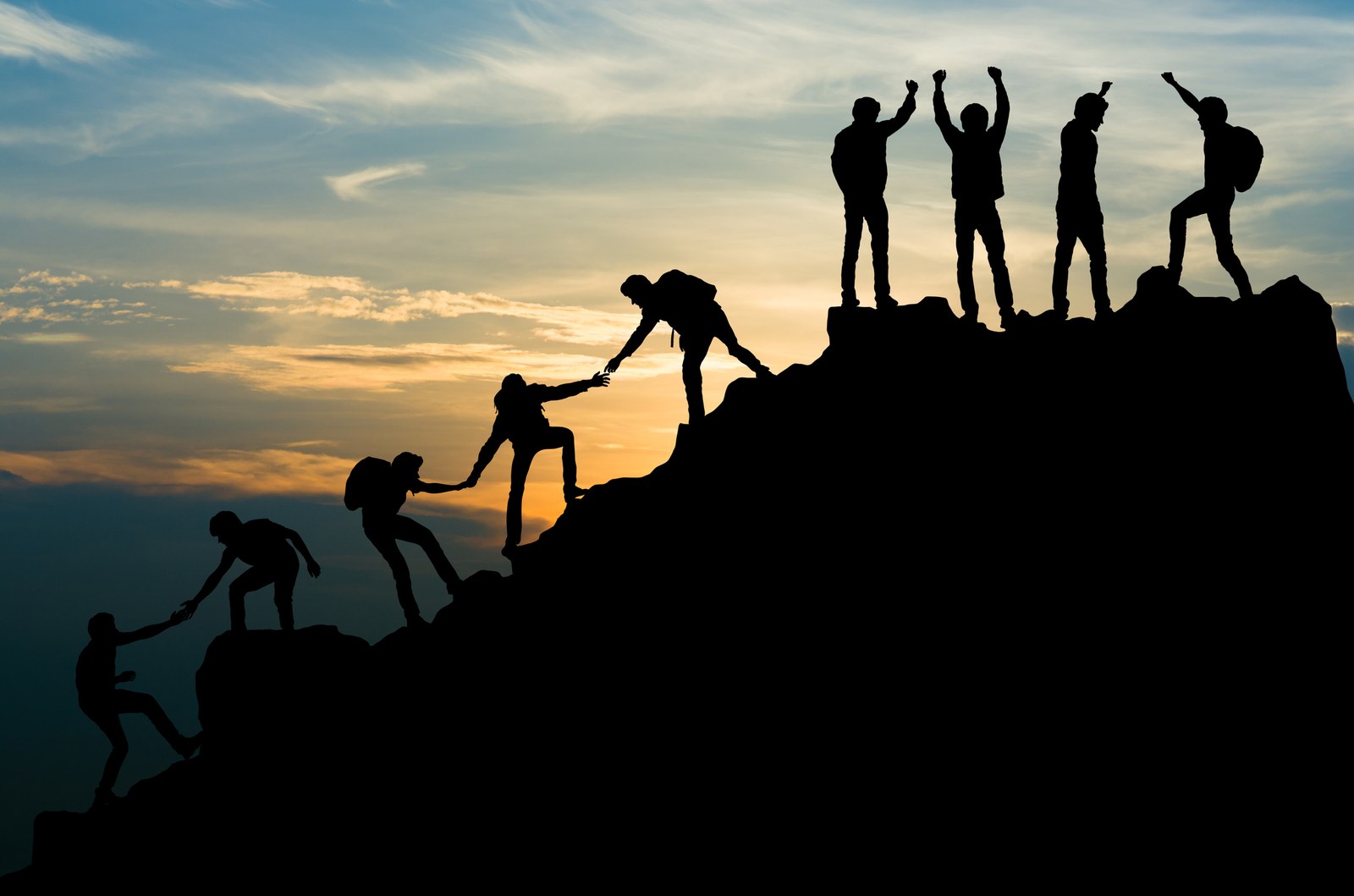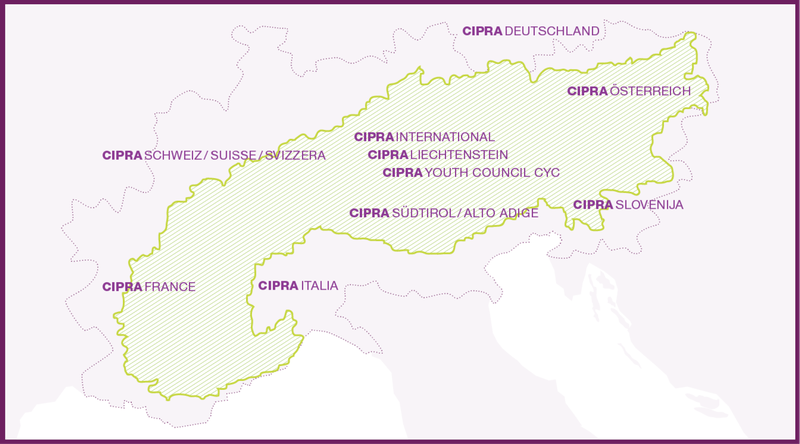Laura Haberfellner, CIPRA International Lab
Innovation to counter emigration
Emigration and the brain drain in the Alpine region: a new EU project involving CIPRA aims to counteract this trend. It is testing innovative governance models to strengthen mountain regions and create a win-win situation for regions of origin, destinations and young emigrants.
Who is CIPRA?
Find out more!
More articles
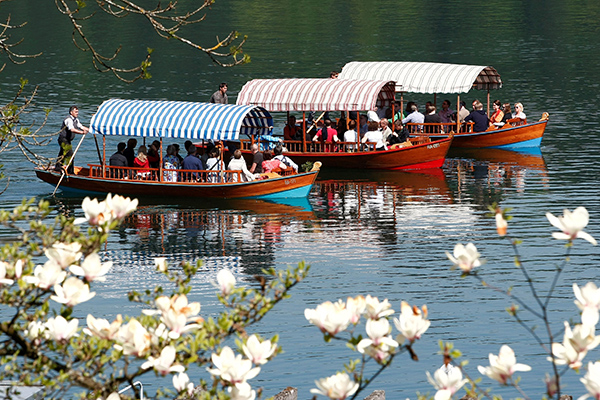
Between the desire for relaxation and the pressure for development
Few topics provoke such heated debates as Alpine tourism. At the end of May 2018 CIPRA International and the «Alliance in the Alps» network of municipalities will be providing an opportunity to exchange ideas and opinions in Bled, Slovenia.
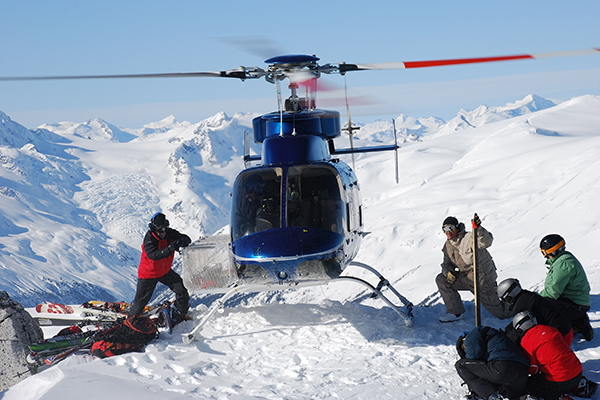
Departure time for helicopters
At a time of declining winter tourism, heli-skiing brings in extra income. While sports enthusiasts might pay a few hundred euros, nature pays a high price.
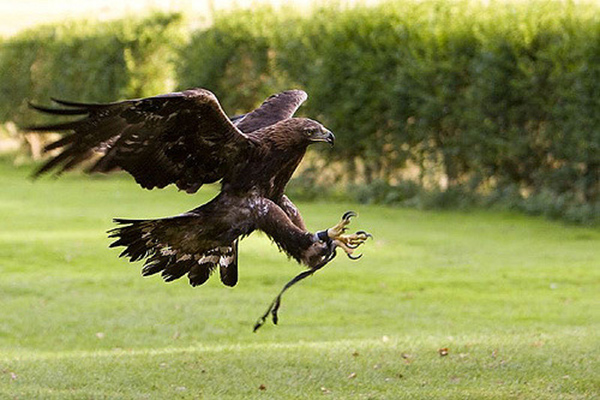
Strange but true...
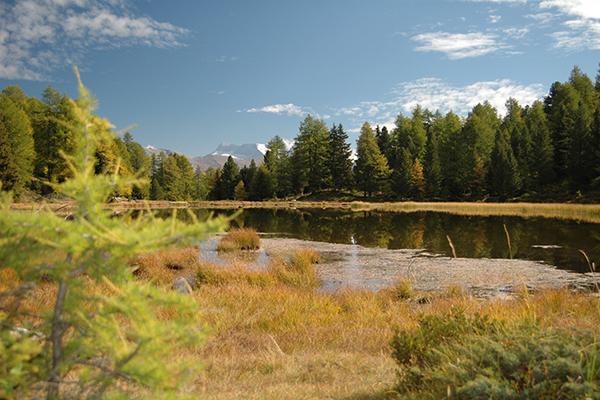
Bogs – a way out of the climate swamp
One hectare of bog can store as much CO2 as a car produces in a year. The Alps suffer from some of the world’s heaviest traffic – yet fewer and fewer intact bogs remain.
Events
|
FutureForum Alps 2025 | SAL - Saal am Lindaplatz, Landstrasse 19, 9494 Schaan, Liechtenstein |
Projects
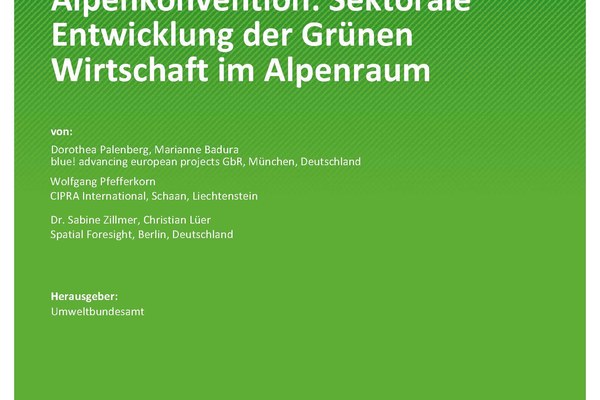
CIPRA International
Alpine Convention - Sectoral development of the Green Economy in the Alpine region
[Project completed] Promoting environmentally sustainable growth while recognising ecological limits: the Green Economy is low-carbon, resource-efficient and socially inclusive. This form of economy preserves the Alpine ecosystem while making use of existing natural capital.
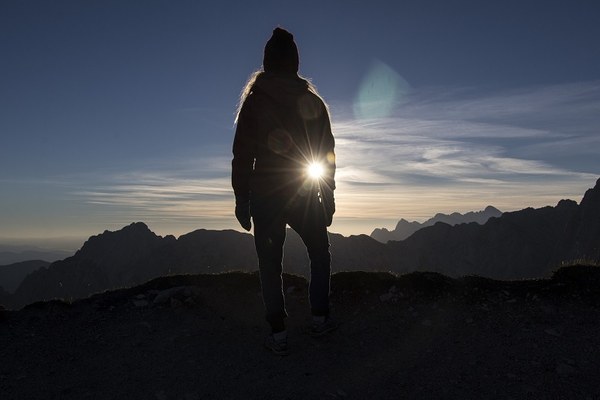
CIPRA International
Reset Alpine Tourism
[Project completed] "Reset Alpine Tourism" brought together relevant tourism stakeholders to discuss climate protection and sustainable development in tourism.
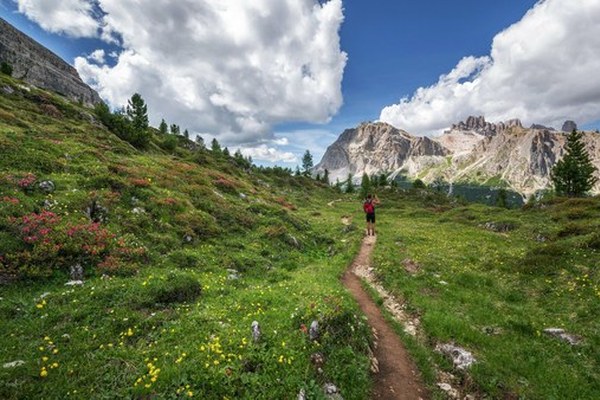
CIPRA International
speciAlps2
[Project completed] More and more people are seeking recreation and balance in the natural surroundings of the Alps. This trend is not only being reinforced by the corona crisis, but also by society’s increasing pressure to perform. This puts increasing pressure on animals and plants, but also on destinations with their infrastructure and inhabitants. It is essential for visitors to be guided: the speciAlps2 project raised awareness of the protection of nature and landscape in the Alps and developed measures to guide visitors.
